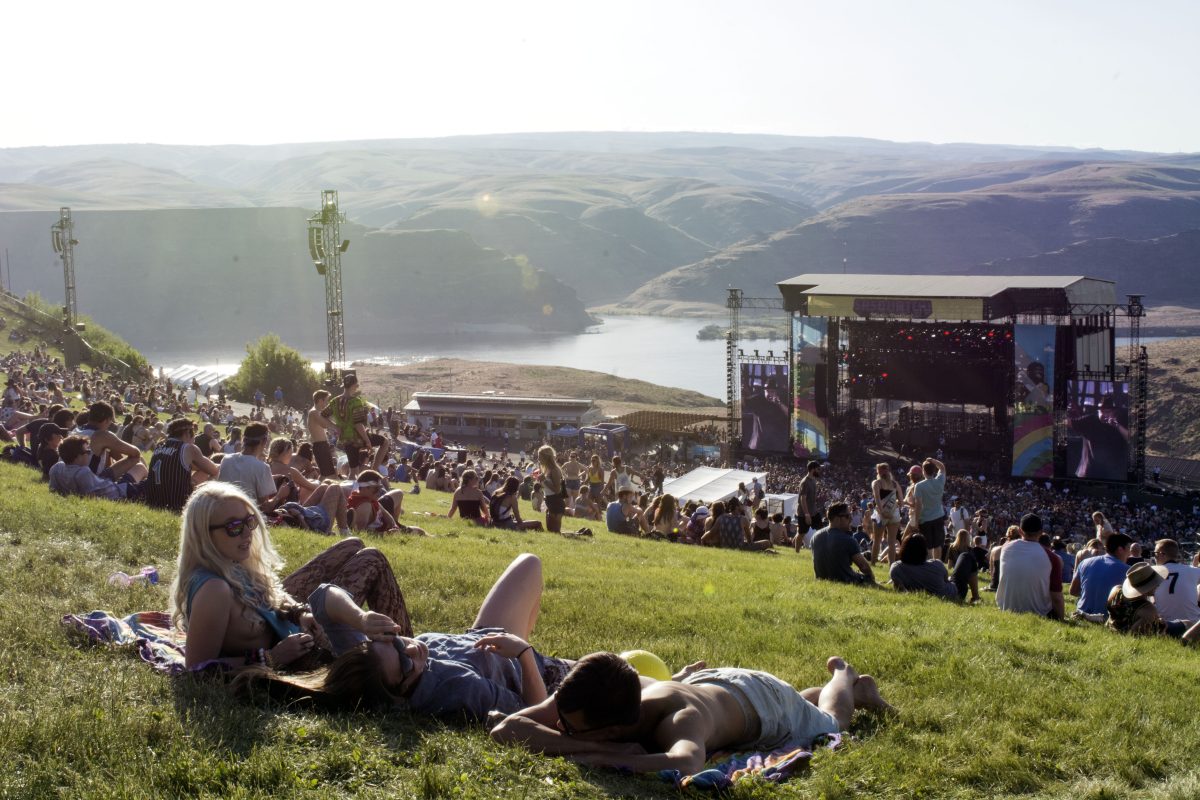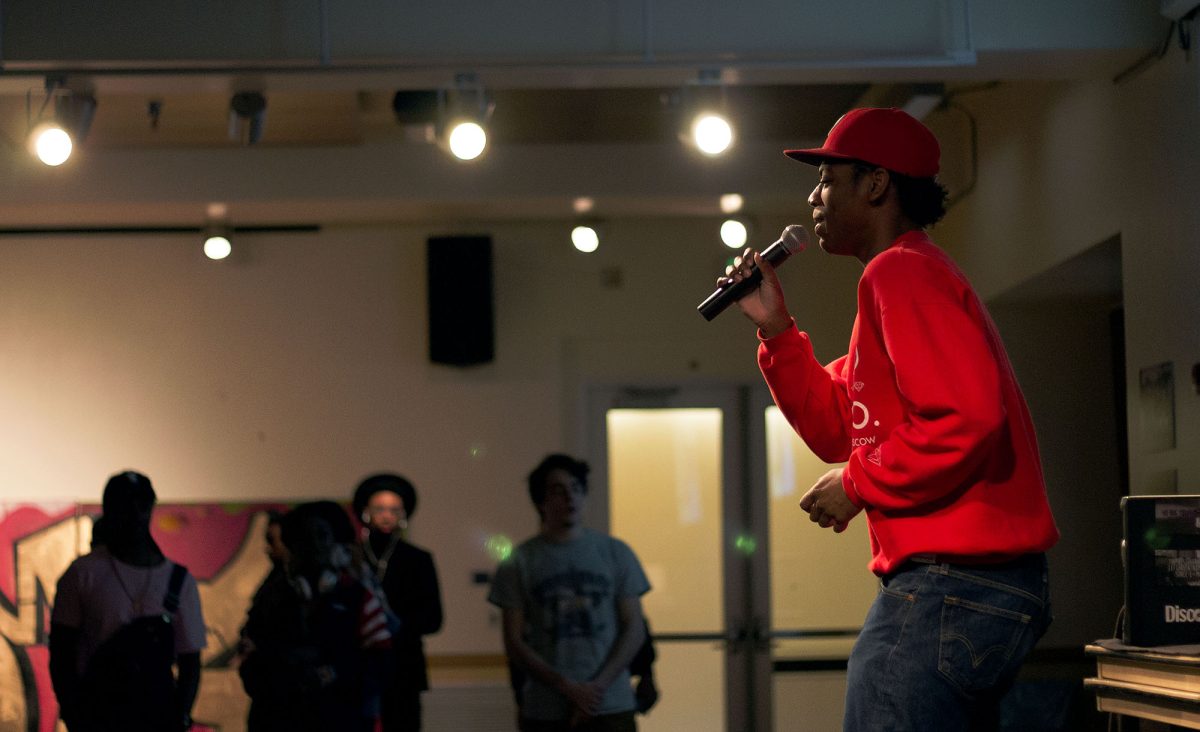Story by Shane Connor
Illustration by Matt Wiggins
In Argentina, a river runs from the depths of the Atlantic northward to Uruguay. Hundreds of miles long and brown as earthen clay, the Paraná River etches the flat plains of las pampas with vines of Morning Glory. Rosario, Argentina’s second largest city, can be found on the banks of the Paraná. Freighter ships navigate its waters to the industrial ports northwest of the city as folks dine in snazzy restaurants and gather in park benches upon the shoreline while others struggle to survive the night, hidden in the undergrowth away from prying eyes and city lights.
Often I’d stand on the edge of this river as dawn broke, my feet cool in the dew-beaded grass and my face warmed by the rising sun. I would sing the opening lines of The Lion King for a few smiles from friends as we discussed the proper way of saying Morning Glories, campanillas or ipomoea alba, among the homeless individuals of Rosario who set up camp nearby.
One morning, a man was fighting for his life.
He’d been beaten badly by the police, his friend yipped at me in Spanish while pouring contact lens solution on his swollen face. He lay shivering under a blanket, bloodied, unresponsive, and suffering from chills that only he could feel. I asked if they needed alcohol and he laughed, pointing to an empty wine box discarded in the bushes. I smiled back. To clean, not drink. Oh no, the man responded. I can take care of him. When I suggested taking the man to the hospital his friend laughed once more. “Why would they treat us?” he said. “We are homeless and black.”
Indeed, the majority of Argentina’s homeless and destitute have indigenous traits that Argentineans refer to as “black” or negro. I saw many of these traits in the faces of those who begged on the streets, from the Misiones province in the north to Buenos Aires heading south, faces often belonging to children who sell small wares well into the night, asking for just a coin or two. Funny, since I had heard that Argentina is a proud country of immigrants that values both tolerance and acceptance. But we are still riding that wave stirred up by the genocide Columbus brought upon America in 1492; it hasn’t settled yet and neither have the immigrants. Rosario is also the only city in the country that boasts a local socialist government whose workers abide by the fundamental socialist philosophy: there are those who are underrepresented and misfortunate not as a result of the own lack of will or ambition, but rather as the result of a flawed social system too inept to provide for its own citizens. So as the man lay deafened and struggling to breathe, society turned a blind eye on him. He was turned away from a hospital because of the color of his skin in a country where healthcare is a human right.
So much for social justice.
I walked the halls of the local hospital, el Centro de Especialidades Médicas Ambulatorias de Rosario, with a urine sample in hand. I needed a physical, and not only had I gotten it, but as a foreigner I was incorporated into the system–and society–on the account of my skin color and class standing. I had the adequate cultural, social, and human capital to be admitted into the hospital.
As I dealt with numerous bureaucracies in Rosario, back in the United States, calls for healthcare reform were loud and distinct, from those supporting socialist healthcare to an overhaul of the insurance system. Even universal healthcare had been mentioned and advocated for. And while all these calls for reform would ultimately define the future of the United States’ culture of health as an inalienable right or earned privilege, universal healthcare would end the social injustice that left the bludgeoned homeless man on the banks of the Paraná.
But this is America! We don’t bleed red—we bleed blue and white, too! But aside from the socialist implications, let’s think hypothetically: If we were to adopt a universal form of healthcare, any man, woman, or child from any religion, ethnicity, race, or creed would be able to walk into a health clinic twenty-four hours a day and receive quality care in spite of personal vices which may have led to their health condition.
The needs of the homeless and the less fortunate would also be met; quality healthcare, in essence, would be equally accessible to all. This is real healthcare. A kind of healthcare that, as a community, we can be proud to say, “this is how it works here,” in Eugene, and be an example to the rest of the country.
In Rosario, the man and his friend disappeared from the homeless camp by the river. No one was sure where they had gone, or whether the man had survived at his friend’s side. He may have very well been simply tossed into the river after passing away to the rising sun, weighted down by stone, or simply vanished into another part of the city as transients tend to do. Should we care for those who wander? Should we invest our blood and sweat to those who are perceived to only take, and not contribute? As Rudolf Virchow once said, “It is the curse of humanity that it learns to tolerate even the most horrible situations by habituation.”
Let us not grow accustomed to an ethos that leaves many Americans without the option of turning to the community for care. This is social justice.
Categories:
A Social Justice
January 25, 2010

0
More to Discover













